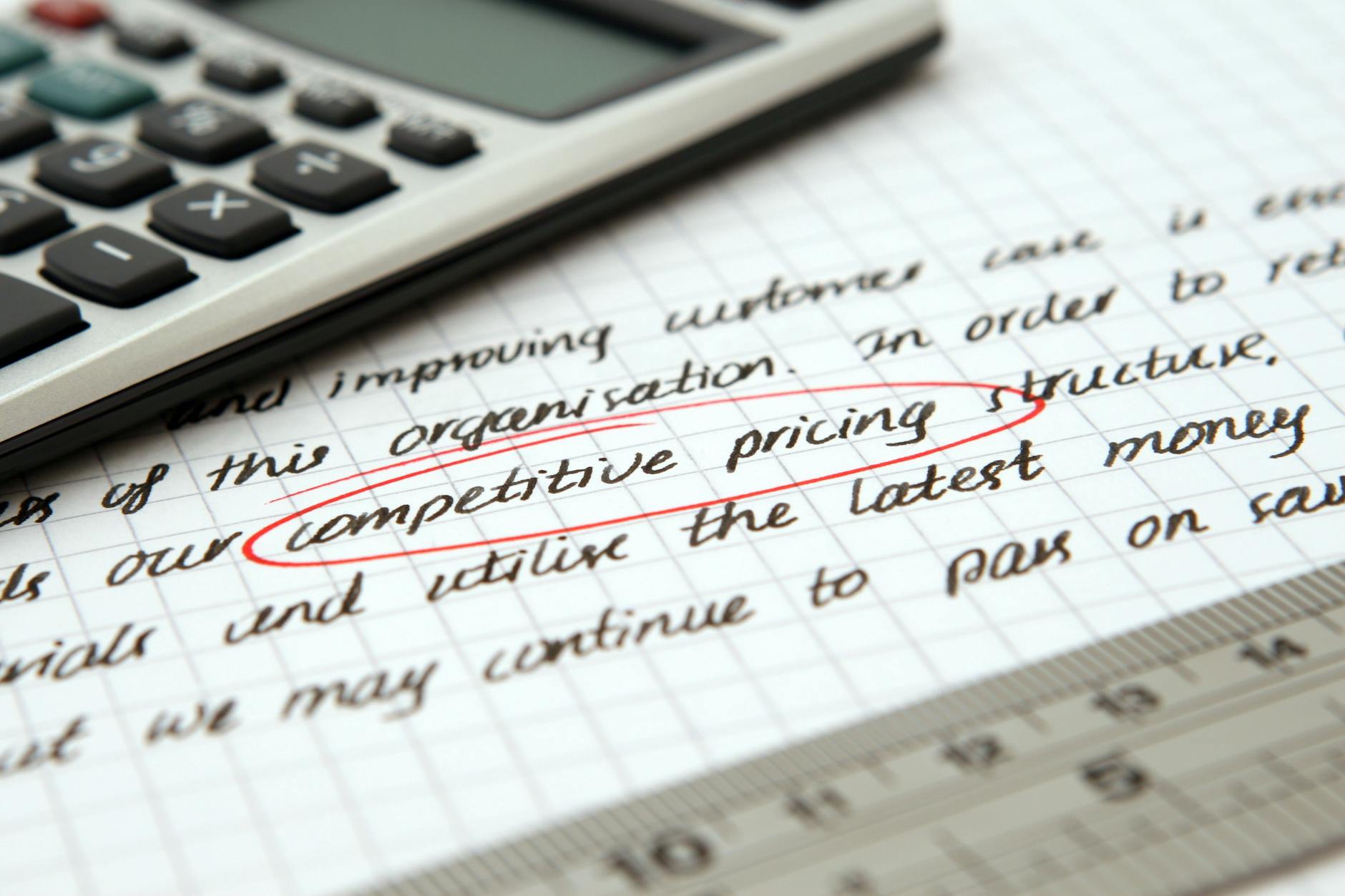When considering the cost of a cow, many factors come into play. Farming enthusiasts and potential livestock owners might wonder about the price points, what influences these prices, and how they can find the best deal. Let’s break down each aspect to give you a comprehensive understanding of how much cows cost today.
Factors Influencing Cow Prices
Type of Cow
Different types of cows come with varying price tags. For instance, beef cattle tend to be more expensive than dairy cows. Breeds like Angus or Hereford offer premium meat quality and hence higher prices. On the other hand, Holsteins are common dairy cows and might be more affordable.
Age and Weight
The age and weight of a cow significantly affect its cost. Younger calves typically go for a lower price than mature cows, but the specifics can vary. A cow's weight is often measured in hundredweights (cwt), and prices are frequently quoted this way. Cows that weigh more are generally more expensive because they yield more beef or milk.
Market Trends
Cattle prices fluctuate based on supply and demand. For instance, in 2025, beef prices are projected to average between $186-$190 per hundredweight. When demand spikes due to health trends favoring lean proteins, prices can soar. Conversely, drought conditions that reduce feed availability can also drive costs up.

Photo by Pixabay
Health and Genetic Background
Health records and genetic quality can also influence cow prices. Cows with good health records and a strong genetic background for milk or meat production typically command higher prices. Buyers should request health tests, such as for common diseases like Bovine Leukosis Virus (BLV), before making a purchase.
Average Costs
Cow Prices by Type
- Beef Cattle: The average price of beef cattle varies; it might range from $1,200 to $3,000 per head, depending on age, breed, and market conditions.
- Dairy Cows: Dairy cows generally cost between $1,000 and $2,500.
- Calves: Younger calves can be more affordable, often priced between $200 and $800 depending on the breed and weight.
Geographic Influence
Where you live can impact cow prices. For example, prices in rural areas or regions with a strong cattle market may be lower than in urban settings. The proximity to feed and veterinary services also plays a role.
Buying Options
Auctions
Buying from livestock auctions can help you find competitive prices. Auctions often feature a variety of cattle, so potential buyers can compare prices and qualities directly. However, attending these sales requires careful planning and due diligence.
Private Sales
Purchasing cows through private sellers can be a more straightforward process. Sellers may provide additional information about the animal's health and background, which can influence your buying decision.
Online Marketplaces
With technology advancements, numerous online platforms allow buyers to find cattle without leaving home. Websites like Cattle Exchange or local classified ads can help you get an idea of the going rates.
Costs Beyond the Initial Purchase
Feeding and Maintenance
Once you buy a cow, ongoing feeding, health care, and maintenance costs add up. Depending on the feed type, you might spend around $2 to $5 per day on food alone. Health care, including vaccinations and veterinarian visits, can rack up additional costs.
Housing
Cows need appropriate shelter to protect them from the elements. This can range from simple barns to more elaborate structures. Factor in the cost of bedding and any utilities for the housing situation.
Equipment Needs
Feeding and maintaining cattle also require equipment. This might include feeders, troughs, and any necessary handling equipment. The upfront cost can vary significantly based on the scale of your operation.
Conclusion
Understanding how much a cow costs involves more than just the purchase price. Various factors influence pricing, including type, age, market conditions, and health background. It's essential to account for additional costs such as feeding, housing, and equipment needs when budgeting for your cattle. Whether you aim to raise cows for beef or milk, doing thorough research and knowing what to expect can help you make informed decisions. With the right approach, owning cows can be a rewarding venture both financially and personally.
